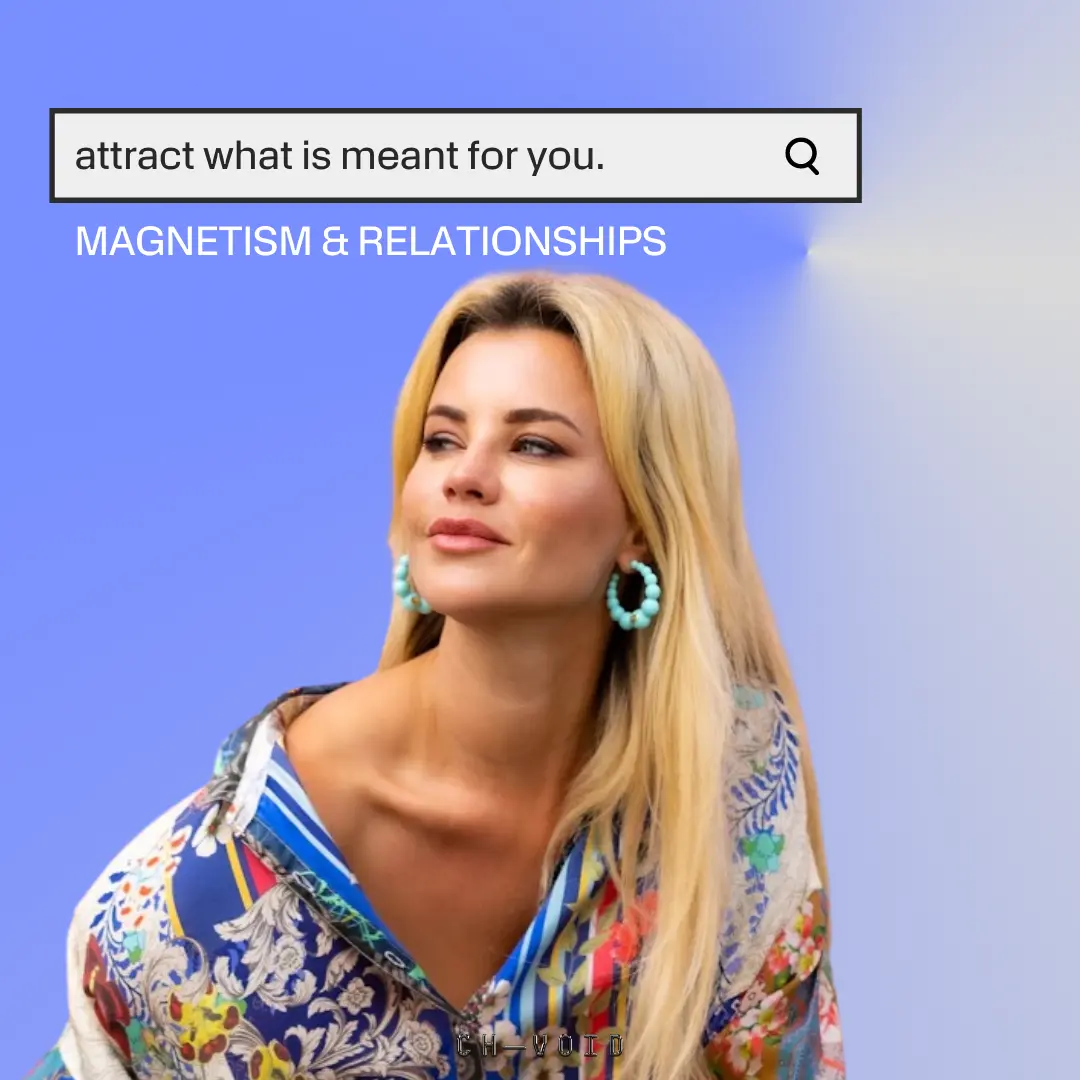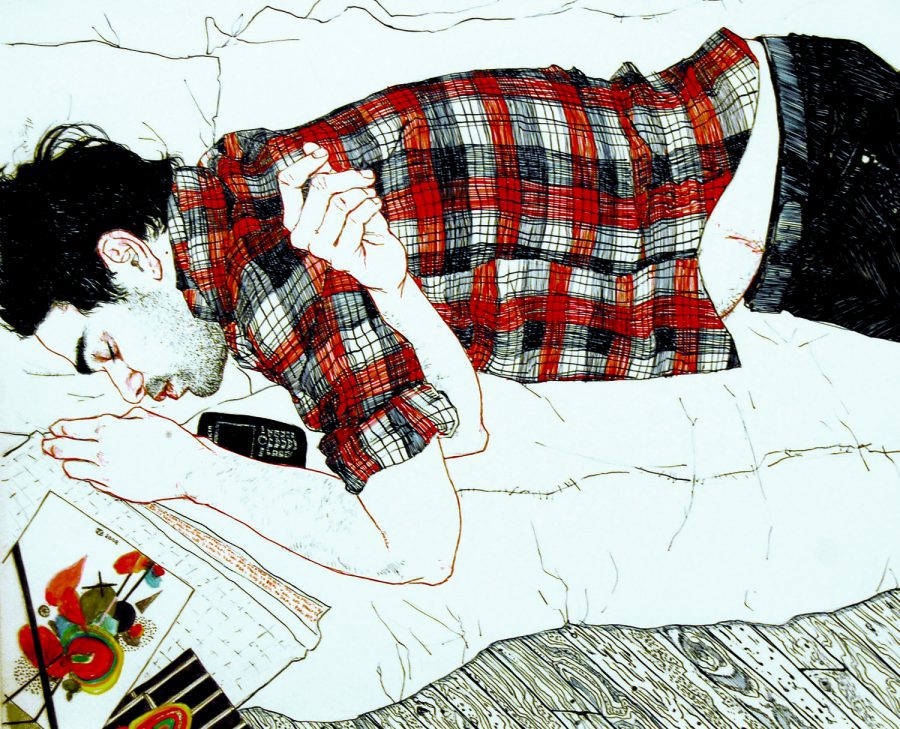Life isn’t like an episode of Friends
Navigating friendships with the opposite sex.
“Life isn’t like an episode of Friends”. This is by far my favourite quote of Garret Carlson’s article for Dudefluencer entitled, ‘The science behind opposite sex friendships’.
He’s right, to be fair: we as humans have a natural inclination to see the opposing gender in a sexual manner – at least at first. This is due to the fact that prior to meeting the person and having the opportunity to interact, we are basing our idea of them completely off physical appearance. For example, when you see an individual (he/she) walking down the street who comes across attractive, your first thought isn’t going to be, “Oh, they would make a great friend”.
It sounds degrading, I know. It’s also something I strongly disagree with. But we can’t deny it; society’s stereotypical view of friendship, in this way, is insulting to both sexes. “It implies that men are incapable of care or respect, or of controlling any kind of sexual urges. And it’s insulting to women in implying that men’s interest in us is solely connected to their sexual desires. That our worth to them cannot extend beyond this”, writes Bleske and Buss, in Volume 7, Issue 2 of the Journal of Relationships.
Personally, I think the gender of your best friend is irrelevant. The reasoning as to why you share that friendship, to me, it’s hardly correlated to their gender. That said, it’s considered extremely healthy to be friends with someone from the opposite sex. But why? And how does it go from meeting that person, to sharing a joyful, long-lasting friendship without romantic inclination?
To some, it’s a ridiculous concept.
In modern society, the benefits of being besties with someone from the opposite gender are usually held close by those lucky enough to share it. By that, I mean away from social media. To outsiders, it prompts questioning;
“Is he your boyfriend?”
“When did you guys start dating?”
“I didn’t know you had a younger brother?!”
There are also limitations to consider: no taking mirror selfies together (you’ll look like a couple), family members will encourage you to date, the list goes on and on.
In one study out of the University Of Texas that specifically looked at male / female friendships, both sexes cited a number of different benefits to cultivating these connections.
“Women reported receiving protection from their male friends more often than men did from women and rated it as highly beneficial,” the authors noted. “Where sex was involved, men valued that aspect of friendship more than women”.
Off the back of this, it can be problematic when one friend falls for the other – especially if one of you is already in a relationship. It’s a common theme, particularly among adolescents – you’re subconsciously drawn to certain attributes and experiences that you’ve been lacking in your own romantic partnership.
This played out in the study, too: the males involved consistently over-estimated the level of attraction felt by their female friends and the women consistently under-estimated the level of attraction felt by their male friends.
“Although men were equally as likely to desire ‘romantic dates’ with ‘taken’ friends as with single ones, women were sensitive to their male friends’ relationship status and uninterested in pursuing those who were already involved with someone else”. In simpler terms: women are often more respectful than men in those situations.
The amount of preconceived ideas and rules about how a relationship should function in modern society is excessive. Everyone has their own views, I get that. But, we tend to position a romantic relationship between men and women at the pinnacle of the relationship types hierarchy. We as humans (this is mainly directed at men), struggle to see beyond the need to pursue a relationship with the opposite gender that doesn’t involve sex.
“Sex does not determine the quality of friendship the person may offer”, explains Brooke Meredith in a recent article for Medium. Emotional support, vulnerability and guidance do.
Growing up in a predominantly male household, I naturally lacked an understanding of the differences between men and women. But through my non-intimate relationships with them, I’ve been privy to certain characteristics and beliefs women have, but never usually share with the opposite sex – and vice versa. We spend countless hours together, talk about our vulnerabilities, and get drunk together. I might not be there to provide a tampon when needed, but I can offer support and an alternate perspective on subjects and situations.
Communication is key when navigating friendships with the opposite sex. It’s important to be open and honest about how you truly feel, aware of what your friend is going through and how you can assist them. There is so much beauty in these connections, and even more in maintaining them.
Adrian Ward sums it up perfectly, in my opinion: “So, can men and women be ‘just friends?’ If we all thought like women, almost certainly. But if we all thought like men, we’d probably be facing a serious overpopulation crisis”.





















